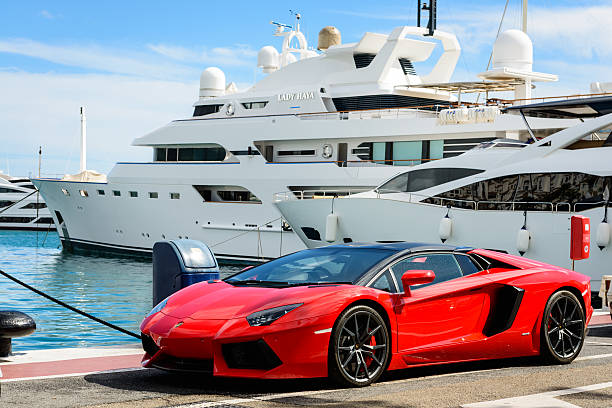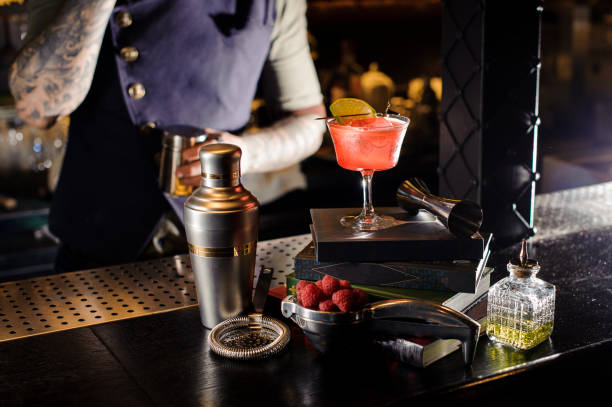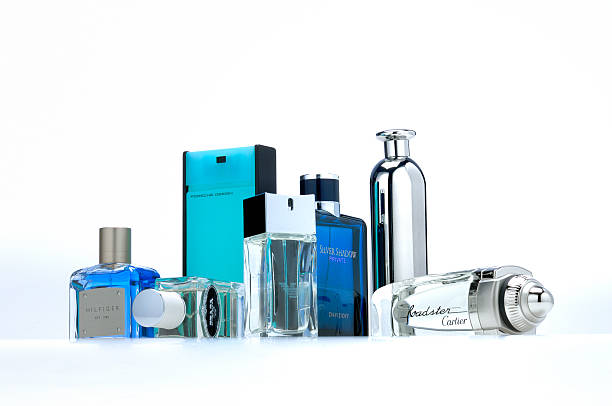The World of Luxury Fashion: A Comprehensive Exploration
Introduction to Luxury Fashion
Luxury fashion represents the pinnacle of the fashion industry, characterized by exceptional quality, exclusivity, and a significant cultural impact. This realm is not just about high price tags but encapsulates a rich heritage, meticulous craftsmanship, and an aspiration to offer the finest products to a discerning clientele. Luxury fashion brands set trends that often trickle down to mainstream fashion, influencing styles and consumer behaviors across the globe.
The Essence of Luxury Fashion
At its core, luxury fashion is defined by several key attributes: exclusivity, superior quality, innovative design, and a storied history. These elements come together to create products that are not only desirable but also timeless. The exclusivity of luxury fashion items often stems from limited production runs, ensuring that each piece remains rare and unique. Superior quality is achieved through the use of the finest materials and the expertise of skilled artisans who meticulously craft each item. Innovative design is a hallmark of luxury fashion, with designers pushing the boundaries of creativity to offer fresh and inspiring collections. Finally, a storied history adds to the allure, as many luxury brands have been around for decades, if not centuries, and have played a significant role in shaping the fashion industry.
Iconic Luxury Fashion Brands
Several brands epitomize luxury fashion, each with its own unique identity and legacy. Chanel, for instance, revolutionized women's fashion with its elegant yet comfortable designs. Founded by Gabrielle "Coco" Chanel in 1910, the brand introduced iconic pieces such as the little black dress, the Chanel No. 5 perfume, and the classic Chanel suit. Louis Vuitton, established in 1854, is renowned for its high-quality leather goods, especially its monogrammed handbags and luggage. The brand's dedication to craftsmanship and innovation has made it a symbol of luxury worldwide.
Hermès, another iconic brand, began as a harness workshop in Paris in 1837. It has since expanded its offerings to include ready-to-wear, accessories, and fragrances, but it is perhaps best known for its Birkin and Kelly bags, which are coveted by fashion enthusiasts and collectors alike. Gucci, founded in Florence in 1921, has become synonymous with bold, eclectic designs that blend contemporary and vintage influences. The brand's double-G logo and red-green web stripe are instantly recognizable symbols of luxury.
The Craftsmanship Behind Luxury Fashion
One of the distinguishing features of luxury fashion is the unparalleled craftsmanship that goes into creating each piece. This craftsmanship is often the result of generations of expertise passed down through families of artisans. For example, the artisans at Hermès spend years perfecting their skills before they are allowed to work on the brand's most iconic pieces. Each Birkin bag, for instance, can take up to 48 hours to complete, with every stitch meticulously executed by hand.
Luxury fashion brands also invest heavily in sourcing the finest materials. This can include rare and expensive fabrics such as silk, cashmere, and leather, as well as precious metals and gemstones for accessories and jewelry. The commitment to using only the best materials ensures that luxury fashion items not only look exquisite but also stand the test of time.
The Role of Innovation in Luxury Fashion
While luxury fashion is deeply rooted in tradition, it is also a field that thrives on innovation. Designers at luxury fashion houses constantly push the boundaries of what is possible, experimenting with new materials, techniques, and technologies. This spirit of innovation helps to keep the brands relevant and exciting, attracting new generations of fashion enthusiasts.
For example, Burberry has embraced technology with its innovative use of social media and digital marketing to engage with younger consumers. The brand's iconic trench coat has also been updated with modern fabrics and designs to appeal to contemporary tastes. Similarly, Balenciaga has made headlines with its avant-garde designs that challenge conventional notions of fashion. The brand's creative director, Demna Gvasalia, is known for his bold and often controversial approach, which has garnered both critical acclaim and a dedicated following.
The Cultural Impact of Luxury Fashion
Luxury fashion has a profound impact on culture, influencing everything from art and music to politics and social trends. Fashion shows by luxury brands are not just about showcasing the latest collections; they are grand spectacles that set the tone for the fashion industry and beyond. These events attract celebrities, influencers, and media from around the world, generating significant buzz and setting trends that will be followed by millions.
Luxury fashion also plays a role in defining social status and identity. Wearing a piece from a renowned luxury brand can be a statement of wealth, taste, and sophistication. For many, owning luxury fashion items is not just about the products themselves but about what they represent—success, exclusivity, and a certain lifestyle.
Sustainability in Luxury Fashion
In recent years, sustainability has become a major focus for the luxury fashion industry. As consumers become more conscious of environmental and ethical issues, luxury brands are responding by adopting more sustainable practices. This includes everything from sourcing eco-friendly materials to implementing fair labor practices and reducing carbon footprints.
For instance, Stella McCartney has been a pioneer in sustainable luxury fashion, using innovative materials such as vegan leather and recycled fabrics in her designs. Other brands, such as Gucci and Burberry, have also made significant commitments to sustainability, with initiatives such as carbon-neutral operations and transparent supply chains.
The Future of Luxury Fashion
The future of luxury fashion is likely to be shaped by a combination of tradition and innovation. While the timeless appeal of classic designs and superior craftsmanship will continue to be important, brands will also need to embrace new technologies and adapt to changing consumer preferences.
Digitalization is expected to play a key role in the evolution of luxury fashion. Online shopping, virtual fashion shows, and digital marketing are becoming increasingly important as consumers turn to the internet for their fashion needs. Brands that can successfully integrate digital experiences with their traditional offerings will be well-positioned to thrive in the future.
Moreover, the growing importance of sustainability will continue to influence the luxury fashion industry. Brands that can demonstrate a genuine commitment to ethical and eco-friendly practices will likely gain favor with increasingly conscientious consumers.
Conclusion
Luxury fashion is a dynamic and multifaceted industry that continues to captivate and inspire. With its blend of tradition and innovation, craftsmanship and creativity, it offers a unique window into the world of high fashion and the cultural forces that shape it. As luxury fashion evolves, it will undoubtedly continue to set the standard for excellence and influence the broader fashion landscape. Whether through timeless designs, groundbreaking innovations, or a commitment to sustainability, luxury fashion remains at the forefront of the industry, defining style and elegance for generations to come.


.jpg)

